We close the saga of the 2019 stories with Filipa's. Diagnosed with triple-negative breast cancer at the age of 32, Filipa fought like a champ and has been in complete remission for 1 year. Today, she's 39 and has a healthy 4-year-old daughter, even though she was supposed to be sterile. Life is unpredictable, and Filipa's story is one of hope, love, gratitude and perseverance. Fundamental values that we sometimes selfishly put aside. So it's with this "Happy Ending" that we end the year, and look forward to seeing you in 2020 for more inspiring women's stories.
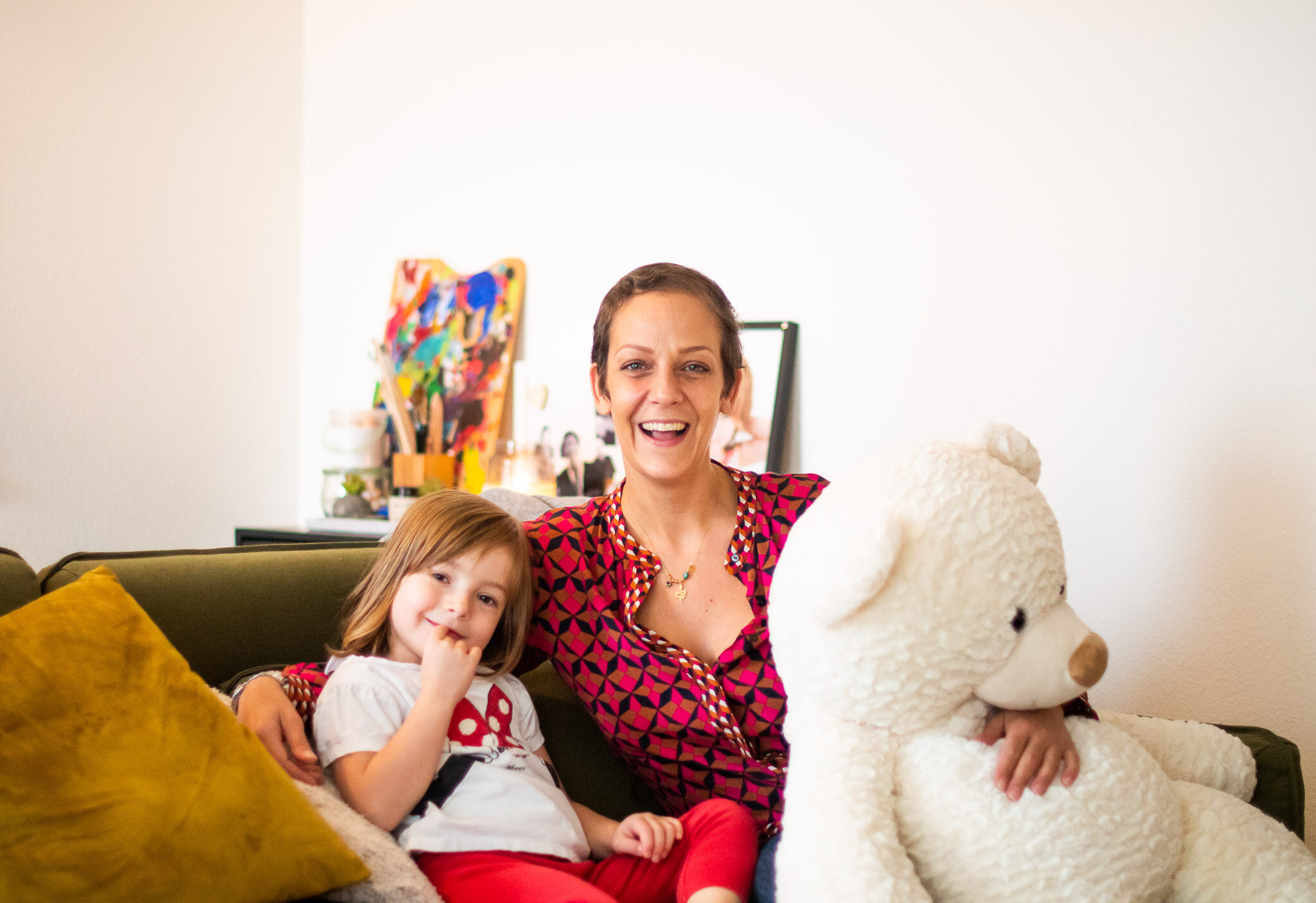

Filipa, can you introduce yourself in a few words?
I'm 39 years old. I was born in Portugal and came to Switzerland at the age of 2. I've lived in Geneva all my life. I went to business school and went into banking. After 15 years, I resigned in order to reorientate myself in the field of human resources and professional integration. It was a well-considered decision, but if I'd known what I was going to go through very soon afterwards, I would have waited a little longer.
What happened?
I was diagnosed with breast cancer.
How did you find out?
By chance! Was it by chance? Probably not (smile). I was at home and unintentionally but quite violently bumped into a door frame. My breast hurt a lot and a hematoma appeared. When I looked closer and touched it, I felt a lump. I'd never been ill, but I wasn't worried by nature, so I called my gynecologist to make an appointment, thinking it would be a good opportunity to have my annual check-up. She did indeed notice the lump and initially thought it was a cyst. A puncture was done, followed by an MRI which finally confirmed the cancer.
How did you react?
At the time, I didn't react, I didn't understand... It was unreal. At the time of the announcement, I wasn't alone, as if my family and I knew it was going to be serious. After a fairly short period of shock, I came to terms with it and switched into survival mode. Dying was not an option! Anger came much later... It was my driving force.
You said you'd just resigned, how did you manage that?
Yes, in November I got the bad news. Fortunately, I'd just started the process of registering for unemployment and was thus able to benefit from loss-of-earnings insurance, but otherwise, I sincerely don't know what would have happened! At the time, I didn't know much about Geneva's social safety net and all its possibilities.
There are several forms of cancer. What did the doctors say about yours, and what treatment did they put in place?
They told me I had triple-negative cancer, which is the most invasive and aggressive form, with metastases that spread throughout the body very rapidly. Not yet aware of the seriousness of my condition (it was November), I asked the doctors if we could wait until after the Christmas holidays for the first operation (sentinel lymph node and insertion of the catheter, a device connected to the heart) and start the chemotherapy treatments. Out of the question, we had to start treatment immediately. Within two weeks, the entire protocol was in place.
Then they told me I was at risk of becoming sterile due to the chemotherapy treatments. They suggested I go to Paris to freeze my eggs, which I did.
Despite the size of the tumour, which already resembled a mandarin orange, they decided not to operate straight away so as not to have to remove my breast. So I started chemo with a course every two weeks for 5 months, with the aim of reducing the size of the tumour as much as possible before operating. Luckily, they managed to keep my breast envelope. A second operation followed, then radiotherapy sessions and two more operations.
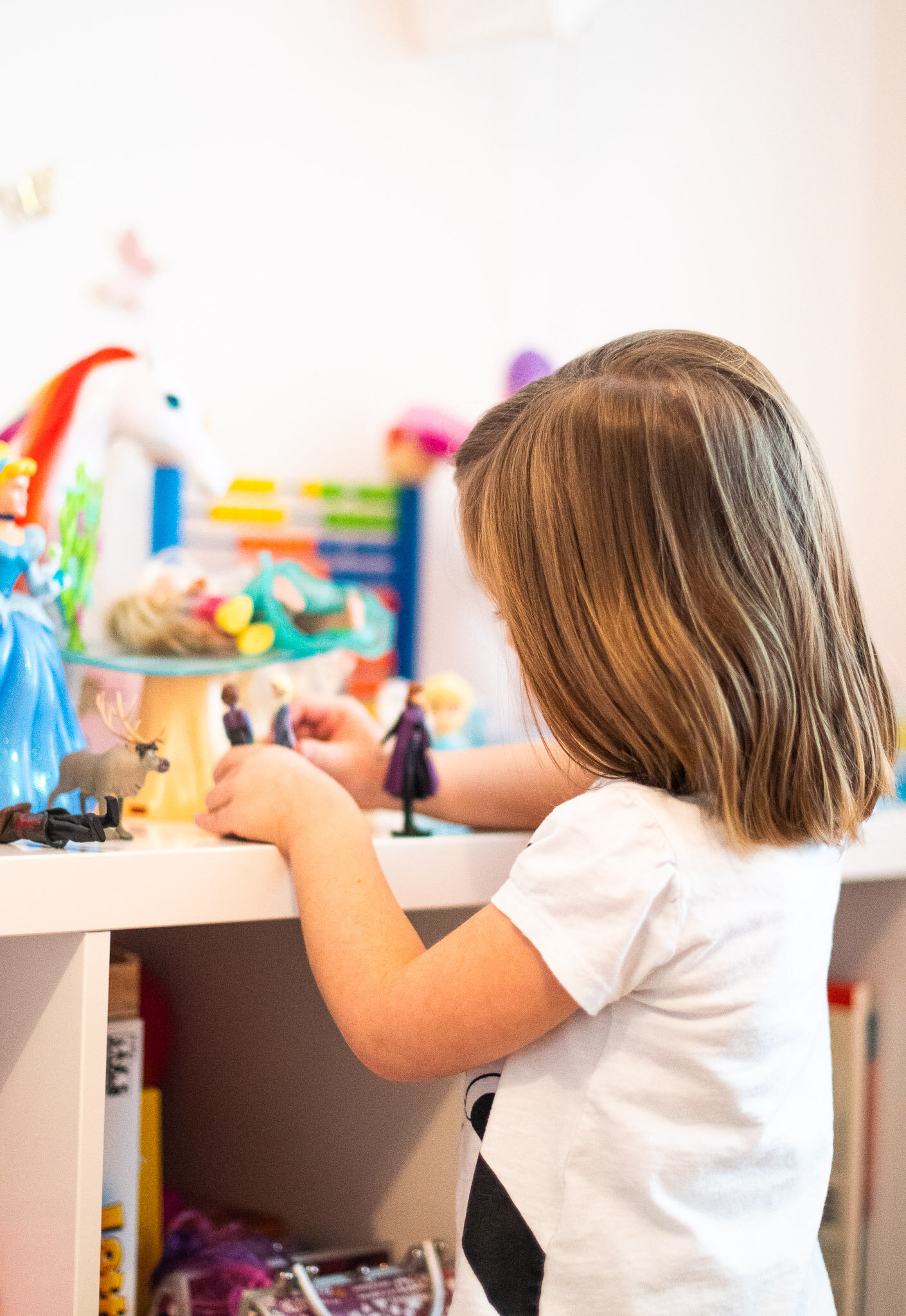

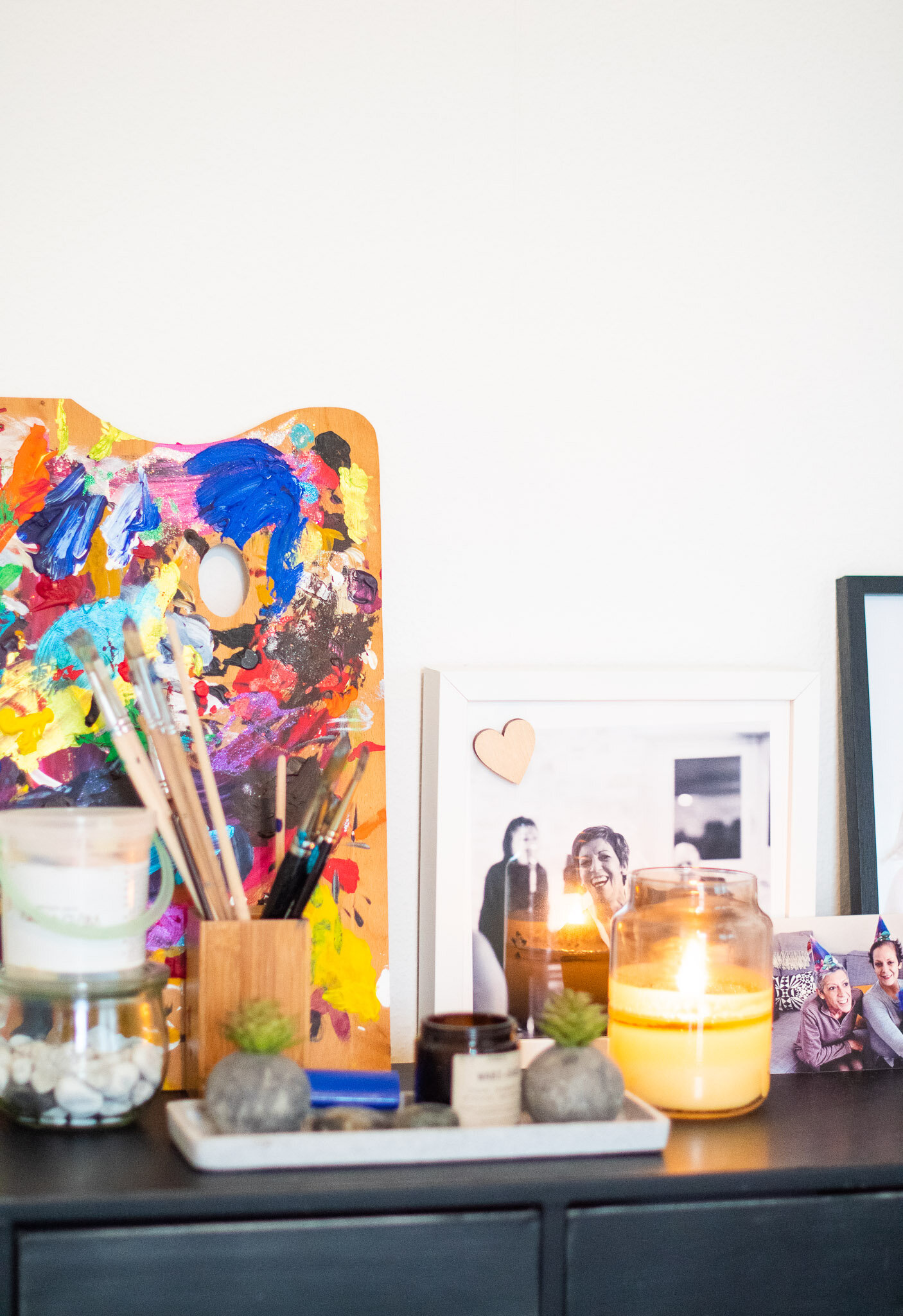

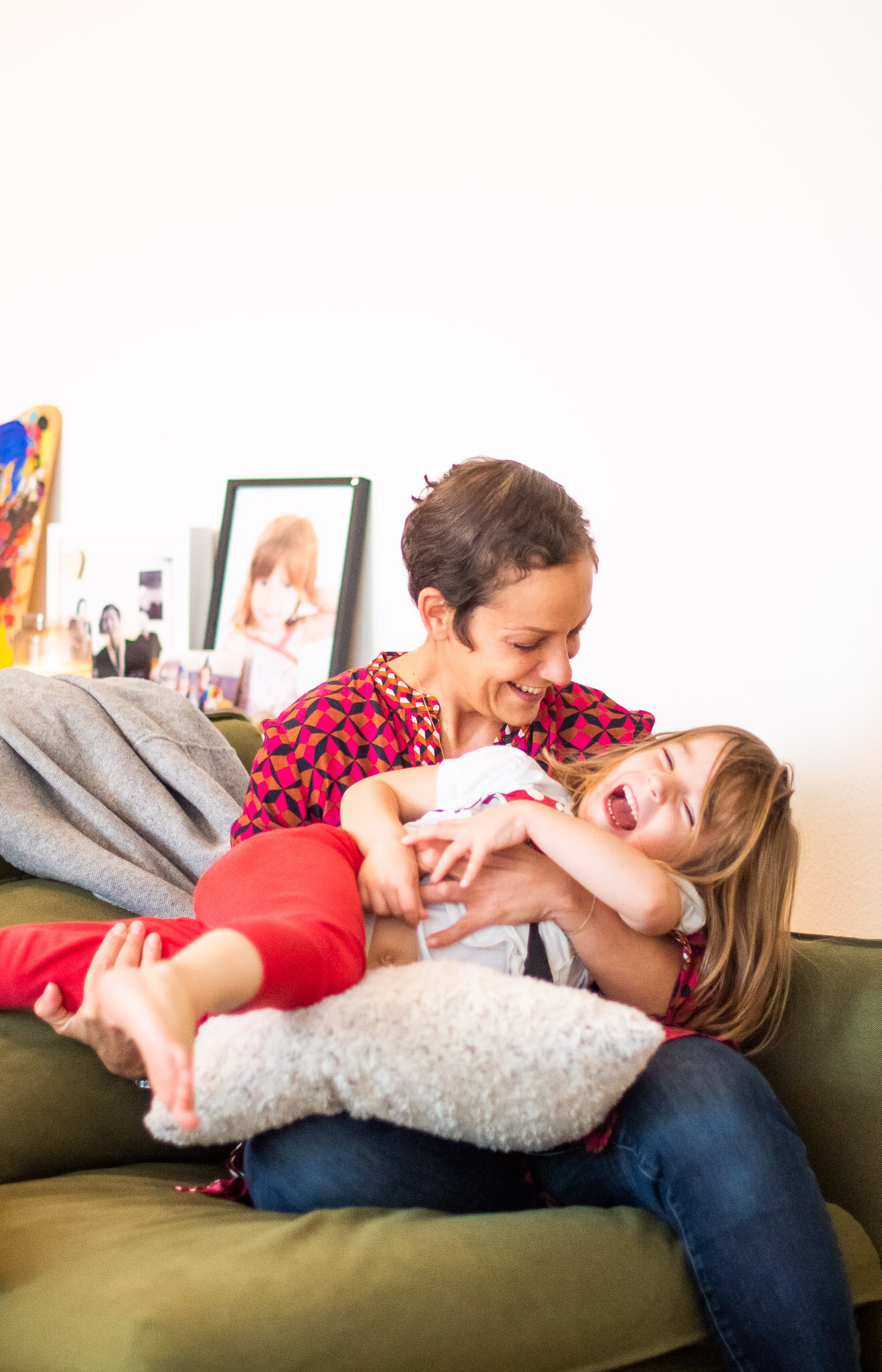

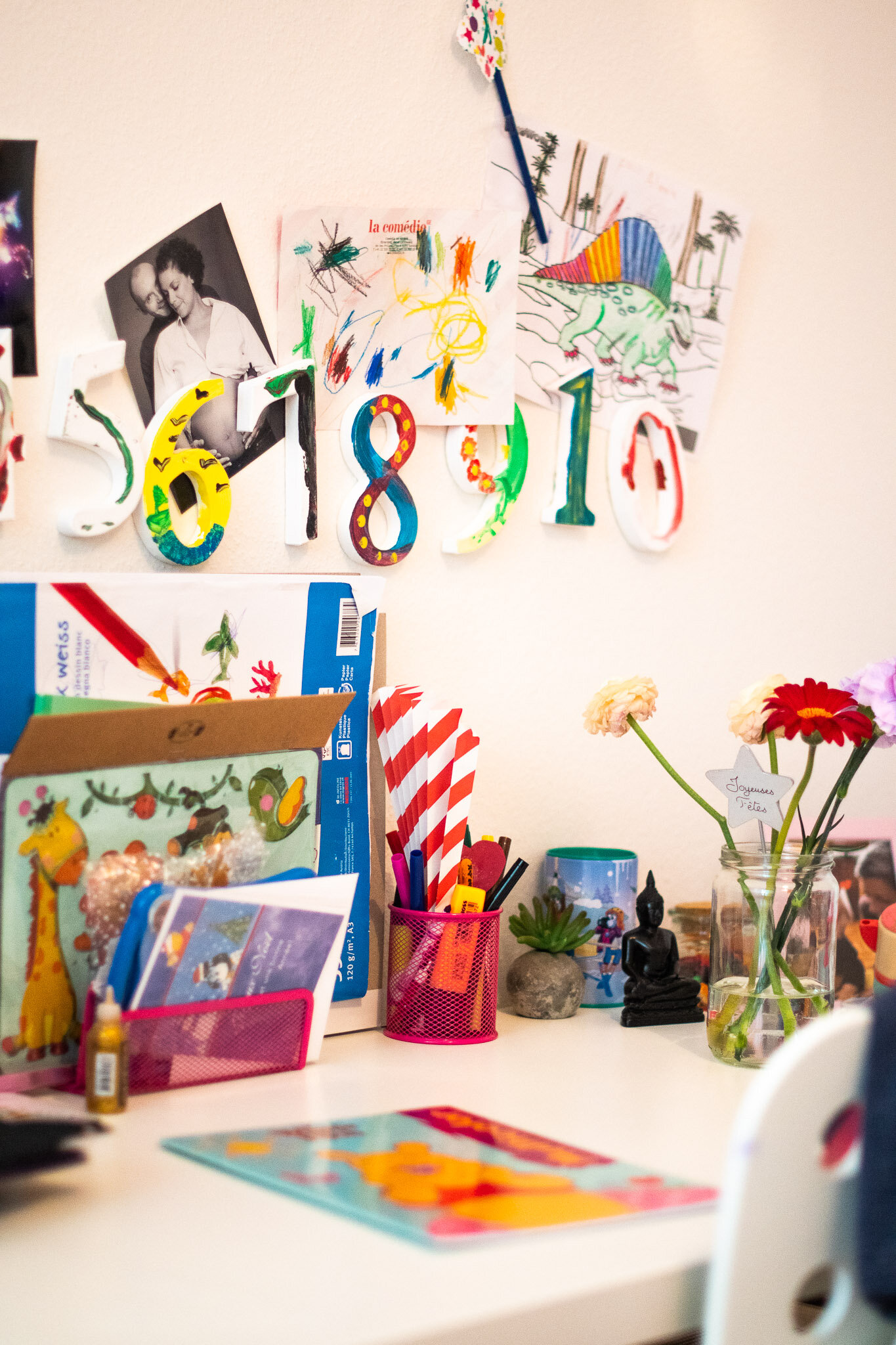

Psychologically, how did you cope?
As long as you're involved in the frantic pace of treatment and supervised by the medical profession, you don't really have time to mope. For me, the biggest challenge was after cancer. You're told you're in remission, which is extraordinary, but morally you've held on, held on and now you're letting go of everything... You find yourself alone in the process of rebuilding yourself. The Filipa you had before no longer existed, you're starting from scratch... Your body is changing, and bodily mutilation appears to be a physical wound, but also a narcissistic one with far-reaching psychological consequences. I had to give up my previous hair, I regained a semblance of eyebrows thanks to permanent make-up, my breast was deformed... In short, I wasn't and didn't feel like a woman anymore. I had my first reconstructive surgery, which initially filled the breast pocket, but it wasn't at all the same shape as the other one. So I went under the knife for the fifth time a month ago, and at last I'm starting to feel beautiful. It's a long process.
How did you miraculously become pregnant despite chemotherapy?
Having swapped my periods for the hot flushes of the menopause, I had come to terms with the idea of never being a mother. As far as the medical profession was concerned, I'd become sterile. So there was no reason to protect myself. After breast cancer, it's not advisable to go back on the pill to avoid a recurrence. 9 months after the end of my treatments, I was pregnant. As I was nauseous and tired, I decided to take a test, convinced that it would be negative... In all, three tests. They were all positive (smile), and I was 4 weeks pregnant. Then everything accelerated. What was to be done? We were torn between excitement and fear. What were the consequences of the chemo's heavy metals on the fetus? The doctors at the HUG had never been confronted with this. I was the first to become pregnant so soon after the end of treatment. They couldn't tell us whether the baby would develop normally or what the risk of malformations was. We accepted the risk.
Very closely monitored.I was exhausted. My body hadn't even begun to recover from chemo and surgery when the hormones started to turn everything upside down, albeit this time for the most wonderful of reasons (smile).
Your daughter Alexia is now 4 years old. How do you feel?
Very well. It always touches me deeply to talk about it. Doing so today via this Interview is part of the end of the reconstruction process. Cancer has changed me and made me stronger. I finally feel more aligned and fulfilled. After an ordeal like this, everything changes: your life, your values and your desires. You sort things out (people, things, situations...) and run away from anything that might be toxic or complicated. There's my life before cancer and there's my life now. When you're close to death, your perceptions of certain things in life change and you realize how precious it is.


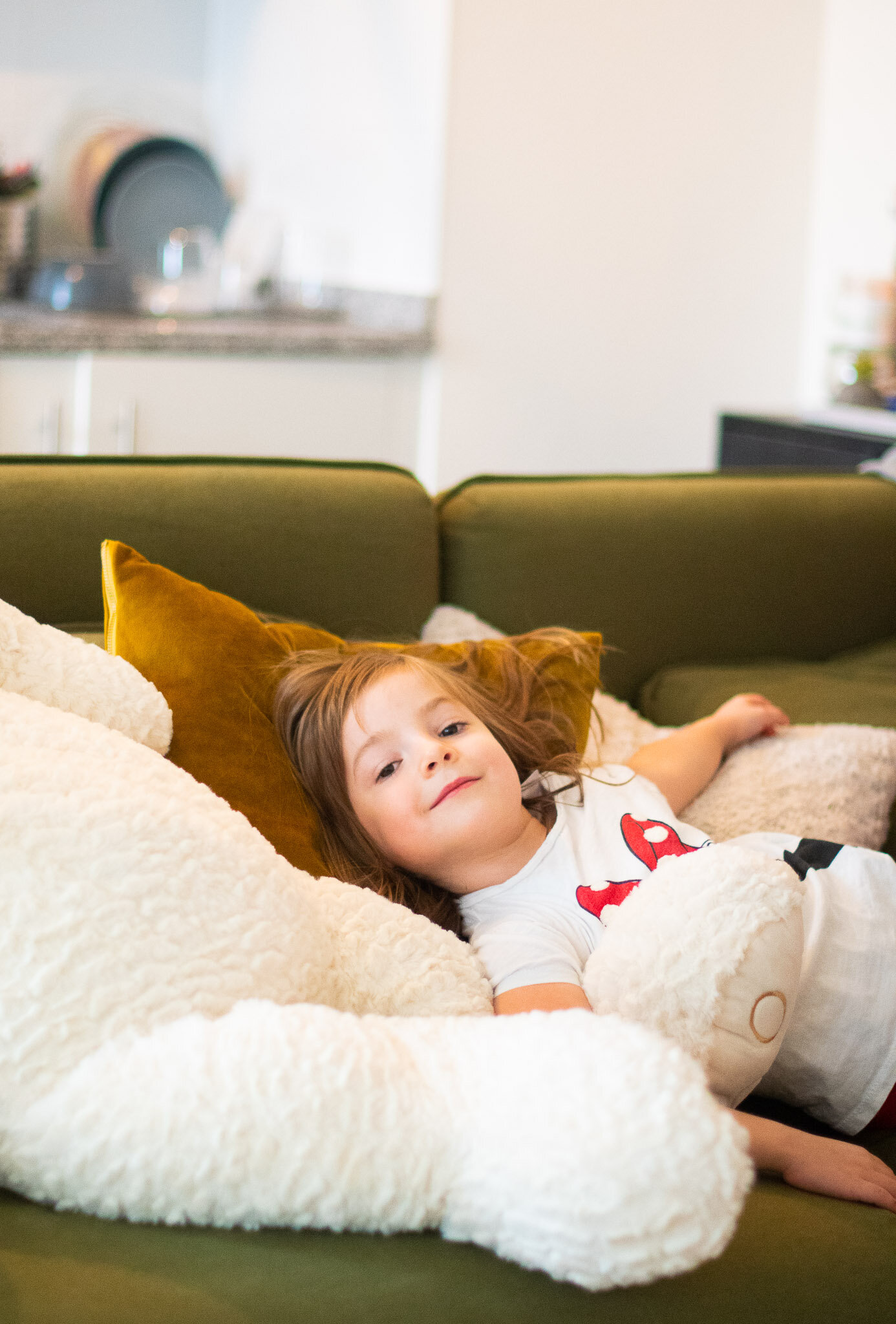

If you had to define motherhood in 1 word?
Responsibilities.
What's your relationship with Alexia?
I'd say normal, healthy and full of love. It's important to me that she can express her emotions and that these are welcomed. I like her to be free... Of course, a framework and clear limits are necessary, but always with kindness.
Did you explain the disease to her?
Yes and no, partly in his own words.
What gave you the strength and energy to fight through the treatment?
My will to live, stronger than anything. It was inconceivable that I wouldn't make it. Throughout my illness, I learned to know myself better and, above all, to listen to myself.
How did you deal with the way people looked at you?
Honestly, I didn't give a damn. On the contrary, I received an enormous amount of love and compassion, which you take without counting the cost.
Did you feel the need to talk about it?
Yes and no, but I've learned to ask and listen to myself, something I didn't do before.
Today, what do you do to relax and feel good?
I meditate, I do sport, I take baths with essential oils, I get massages. I love to pamper myself.
You've launched an entrepreneurial project, can you tell us more about it?
Cancer, despite all its suffering, also brings its share of questions about life. Returning to work was a major challenge. What's more, the aftermath of the disease is also synonymous with a ton of administration to deal with, with your head and body trying to recover as best they can from the whole adventure. I wanted to give more meaning to my life, to contribute to something bigger than just being self-centered. My various training courses, encounters and my experience as a professional integration coach with Geneva Business News sowed the seeds. My mother's death in 2017 was the kick-start to take action.
During an NLP training course, I met Mireille, today a great friend and my partner. We hit it off right away. Together, we created JobCrafting Sàrl. We help companies make well-being and quality of life at work a strategic priority. I work 50%, which allows me to enjoy my daughter and life in general.
What message would you like to get across?
A message of hope, love, gratitude and perseverance. That in every life experience, whatever it may be, we have within us the (sometimes unsuspected) resources to face it and make something positive out of it.
Filipa, what's the best thing we can wish you today for tomorrow?
Good health!
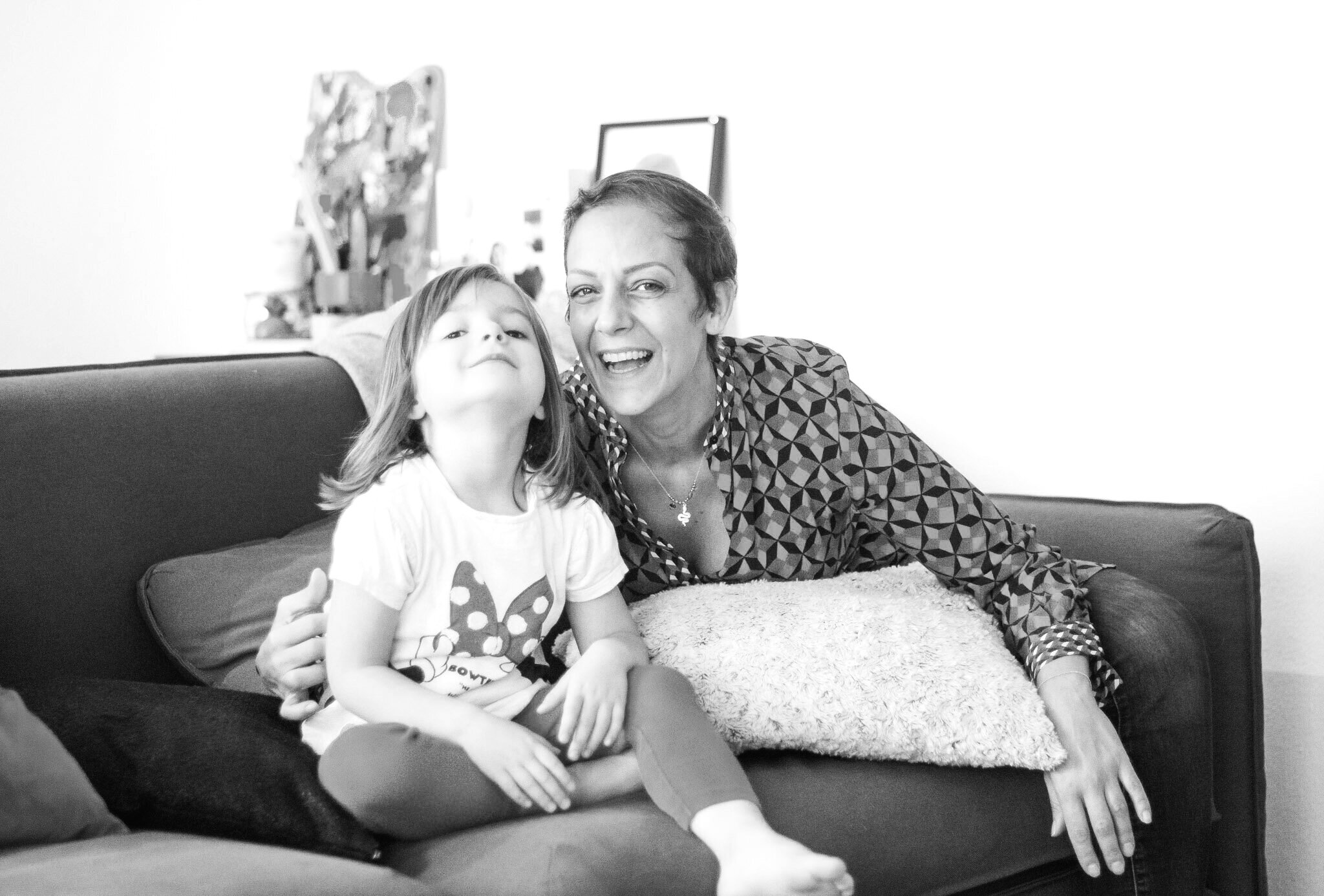

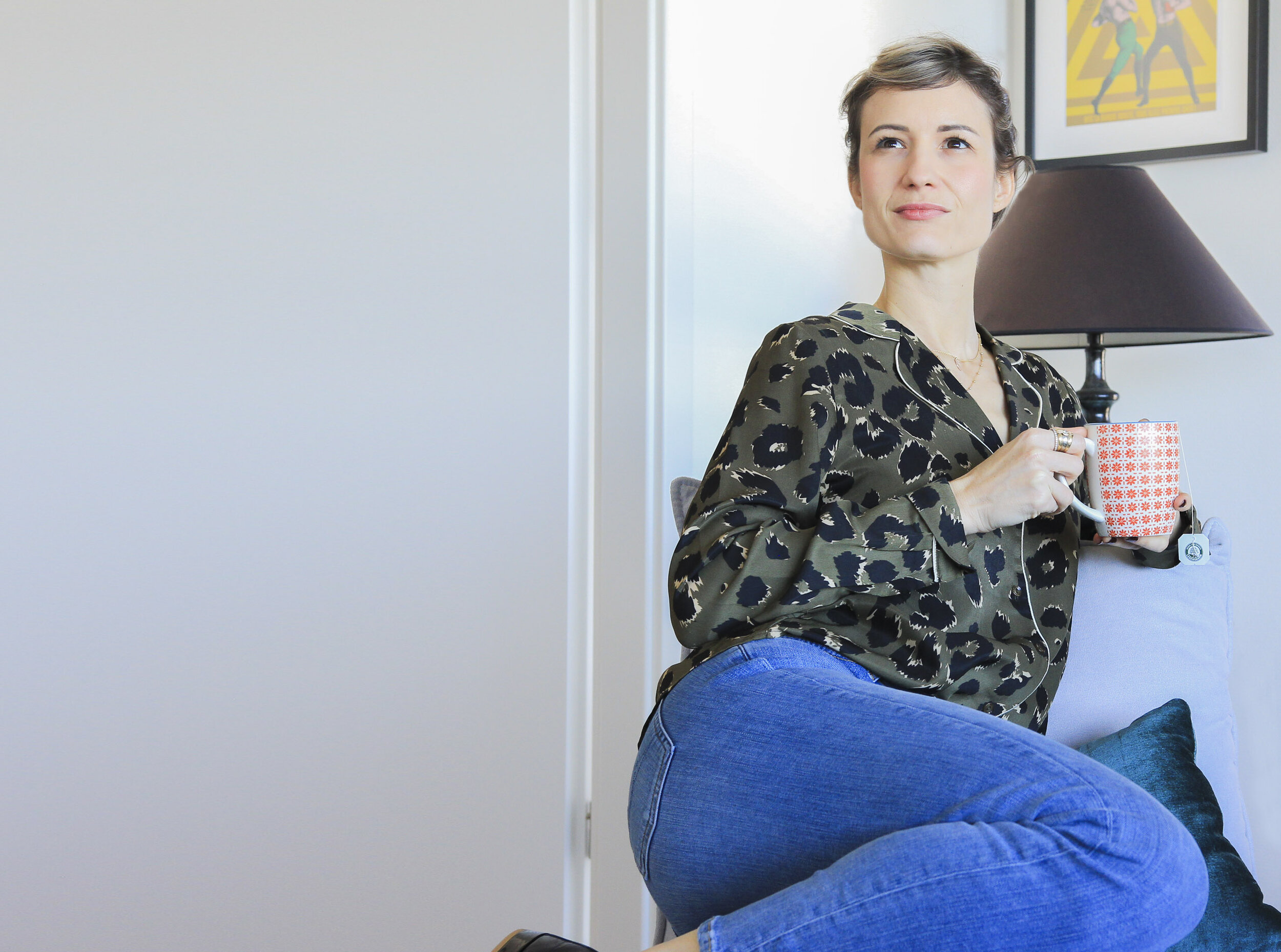
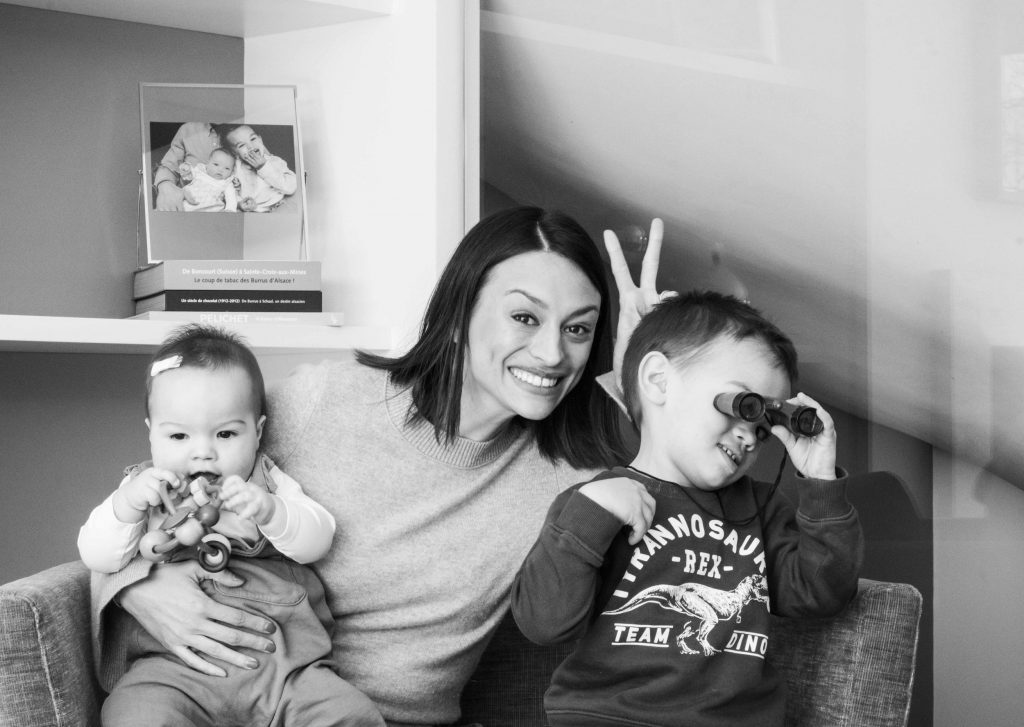
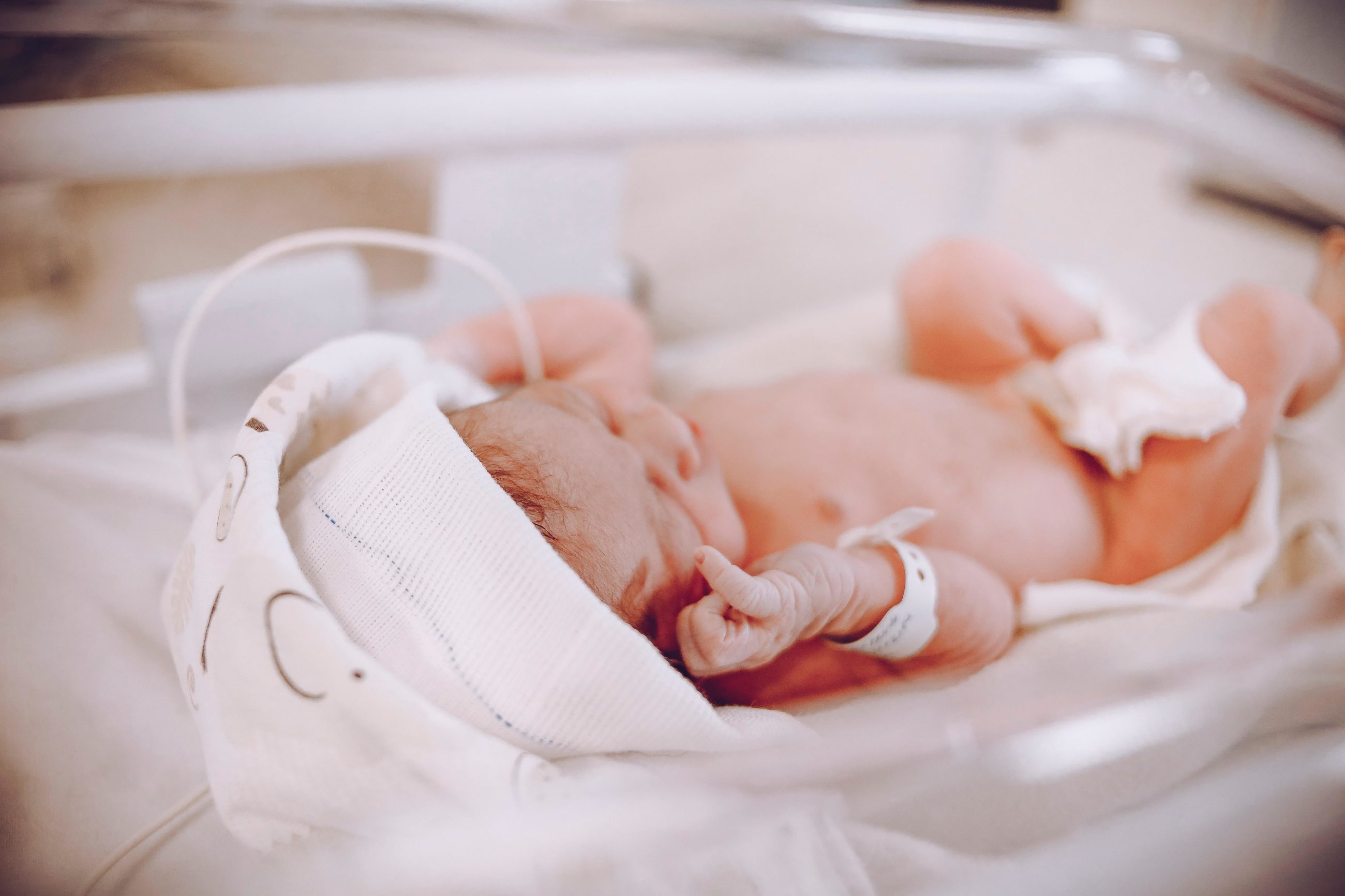
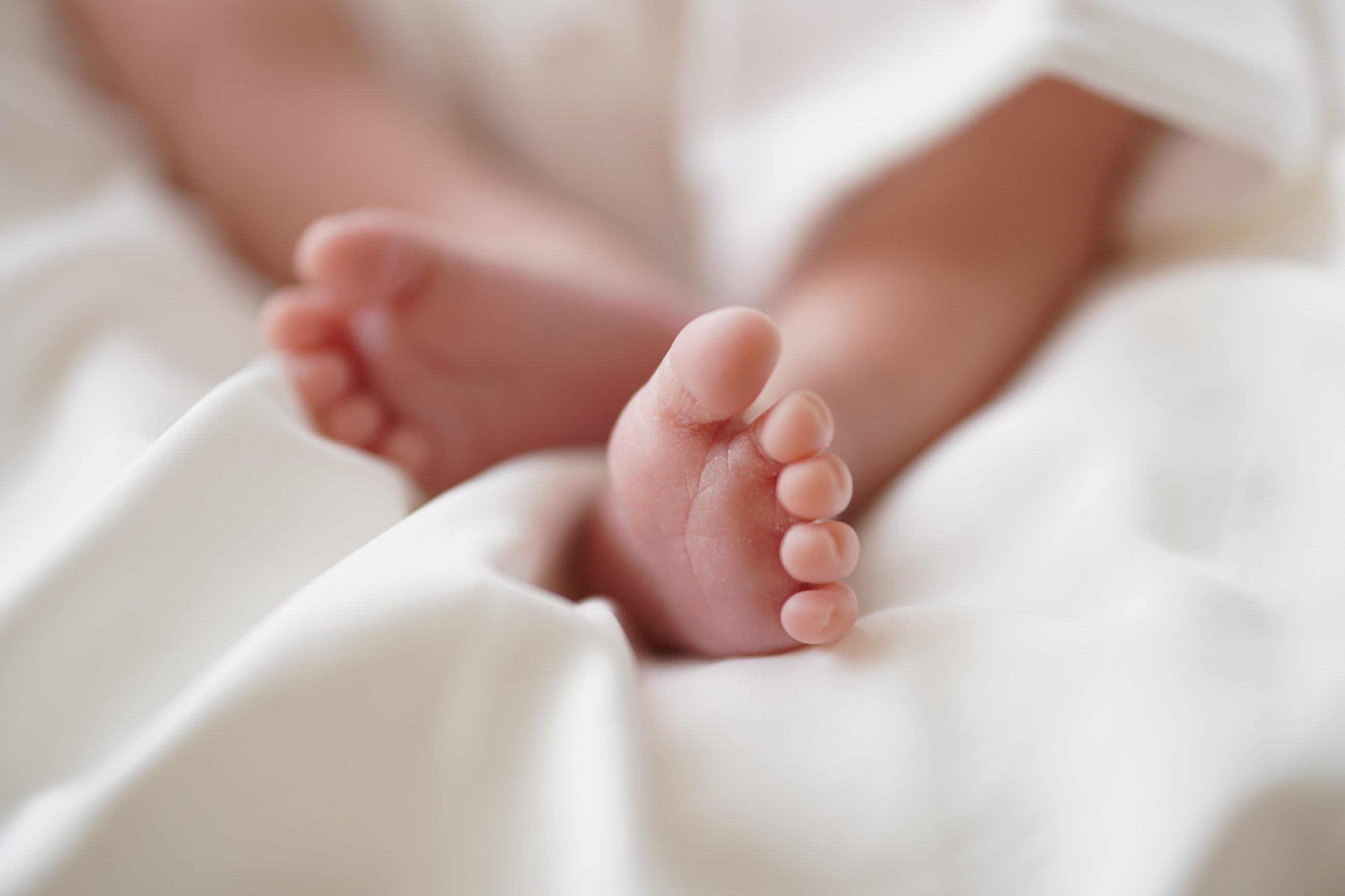
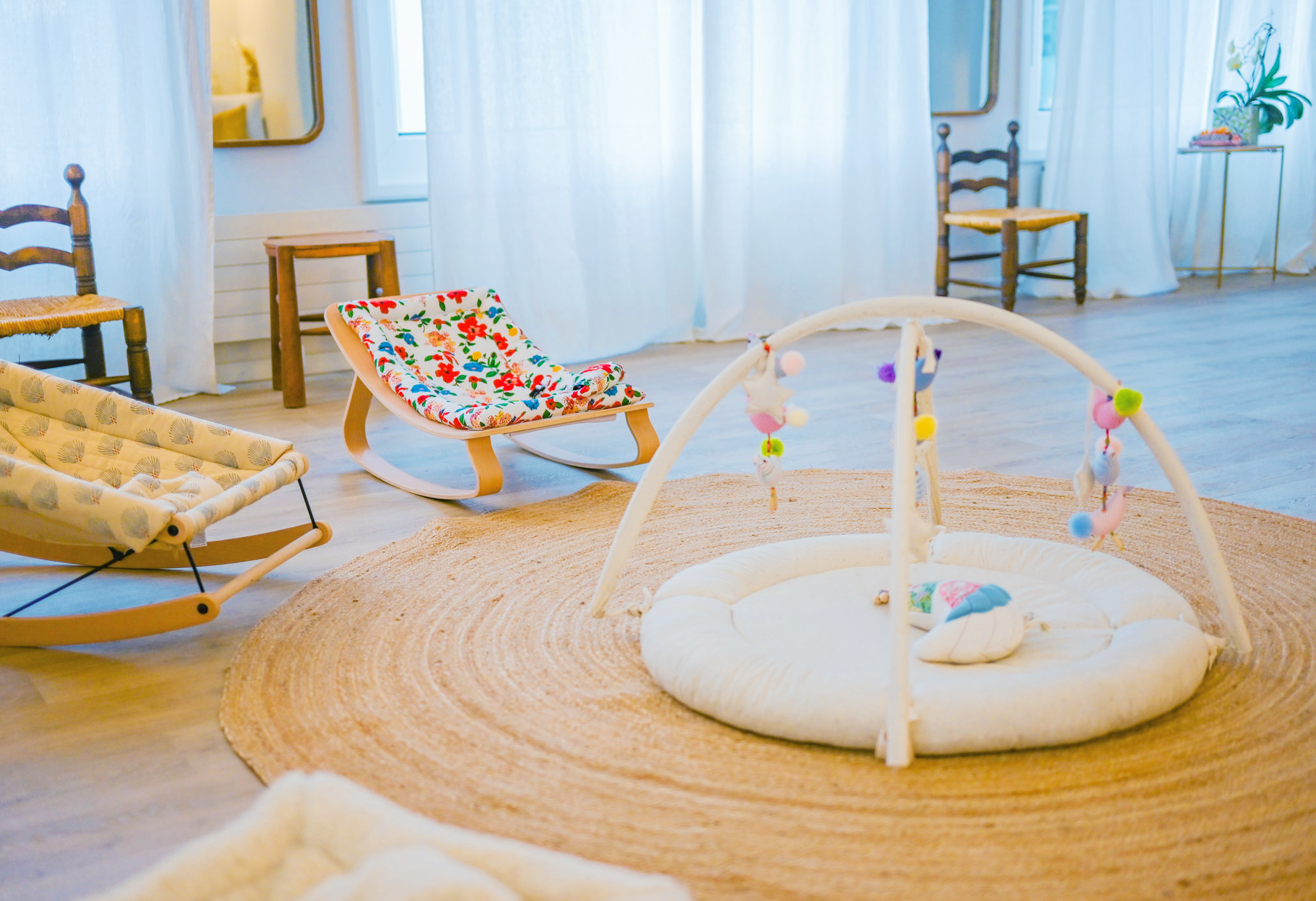
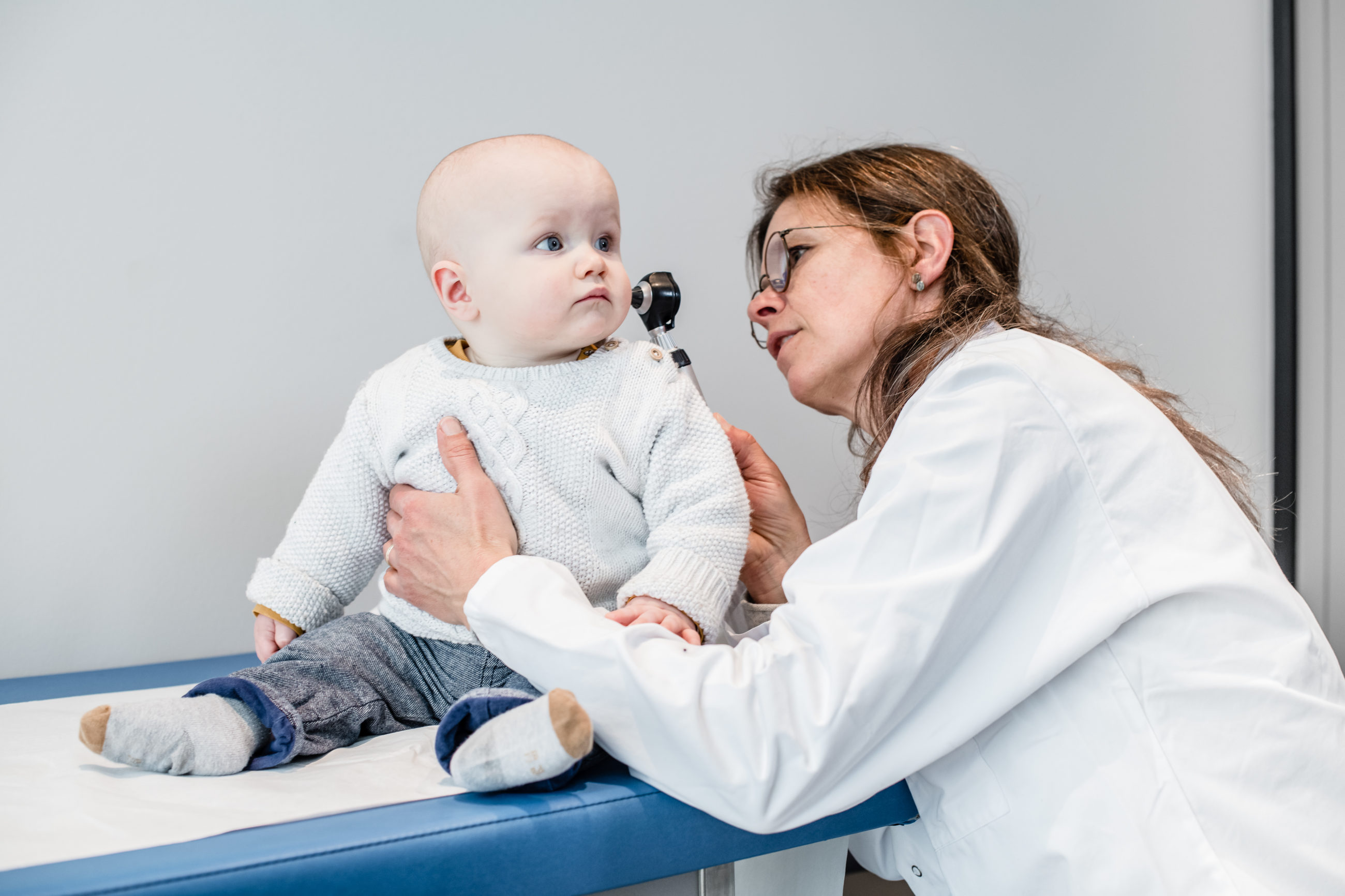
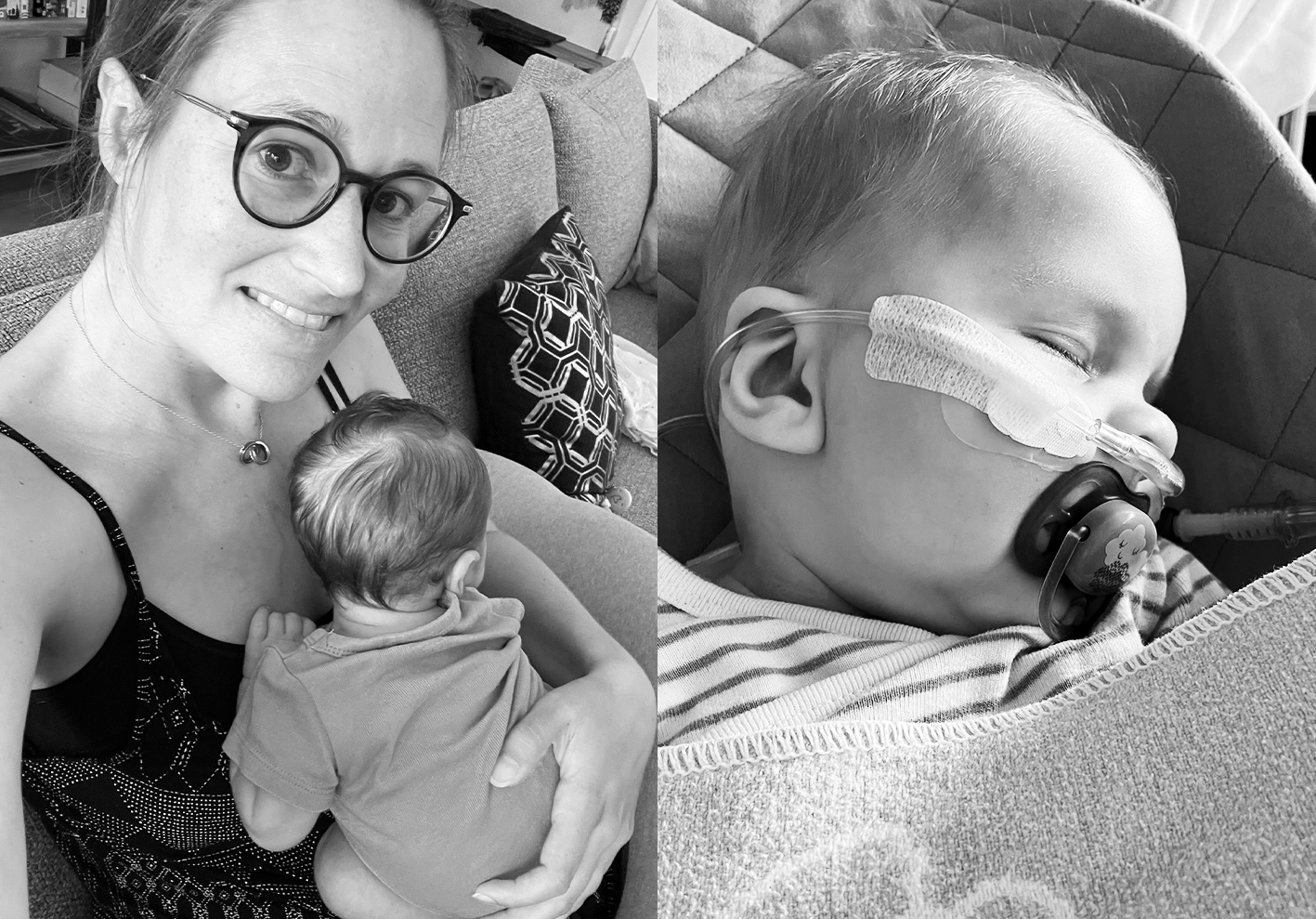
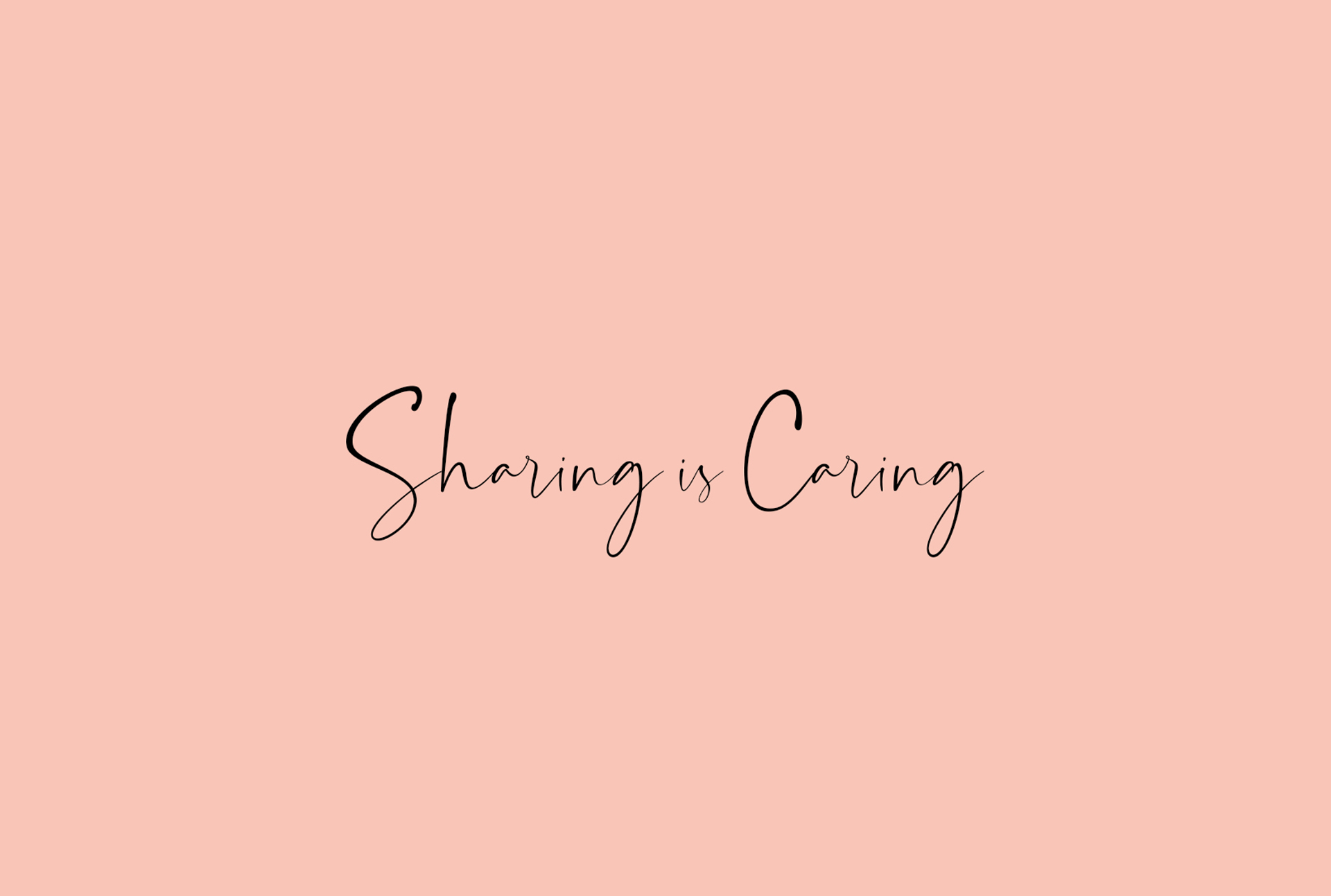
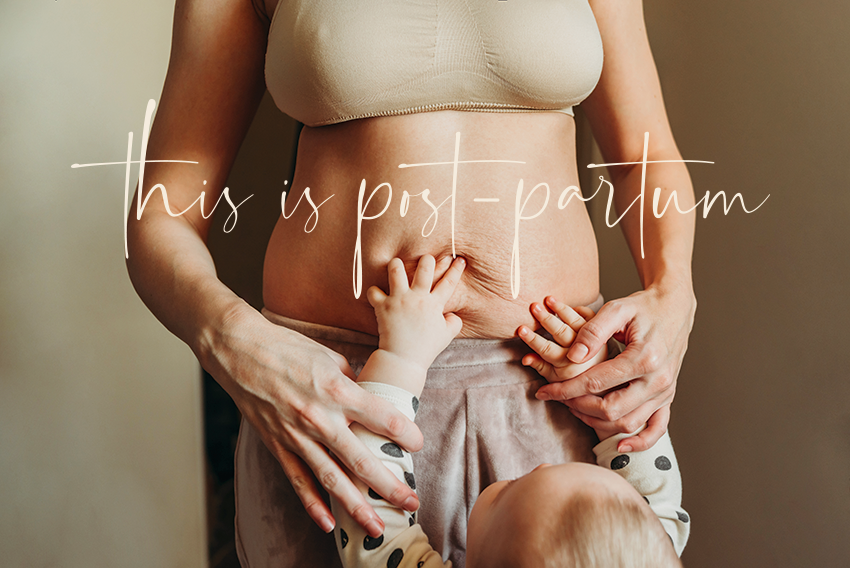

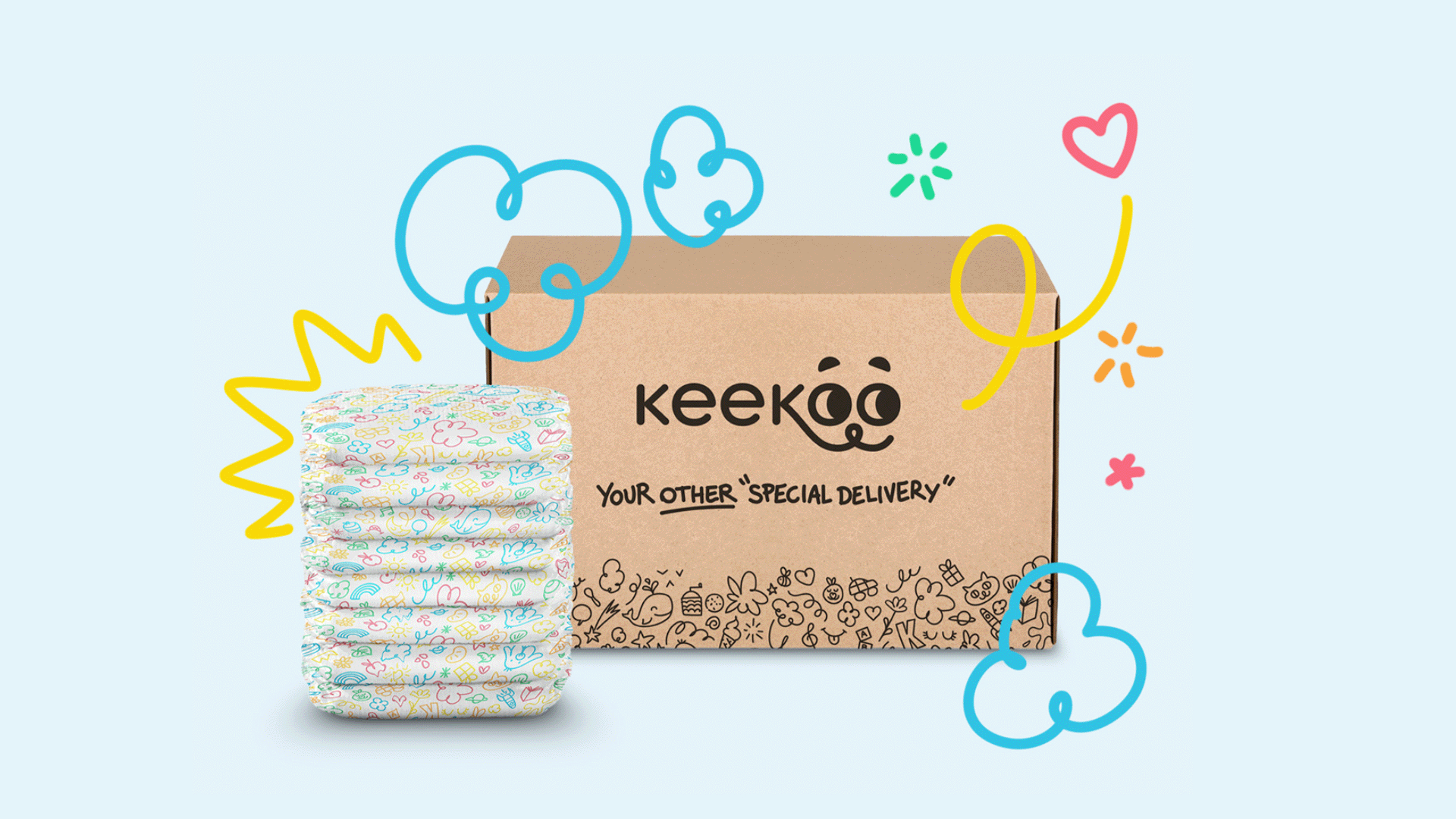
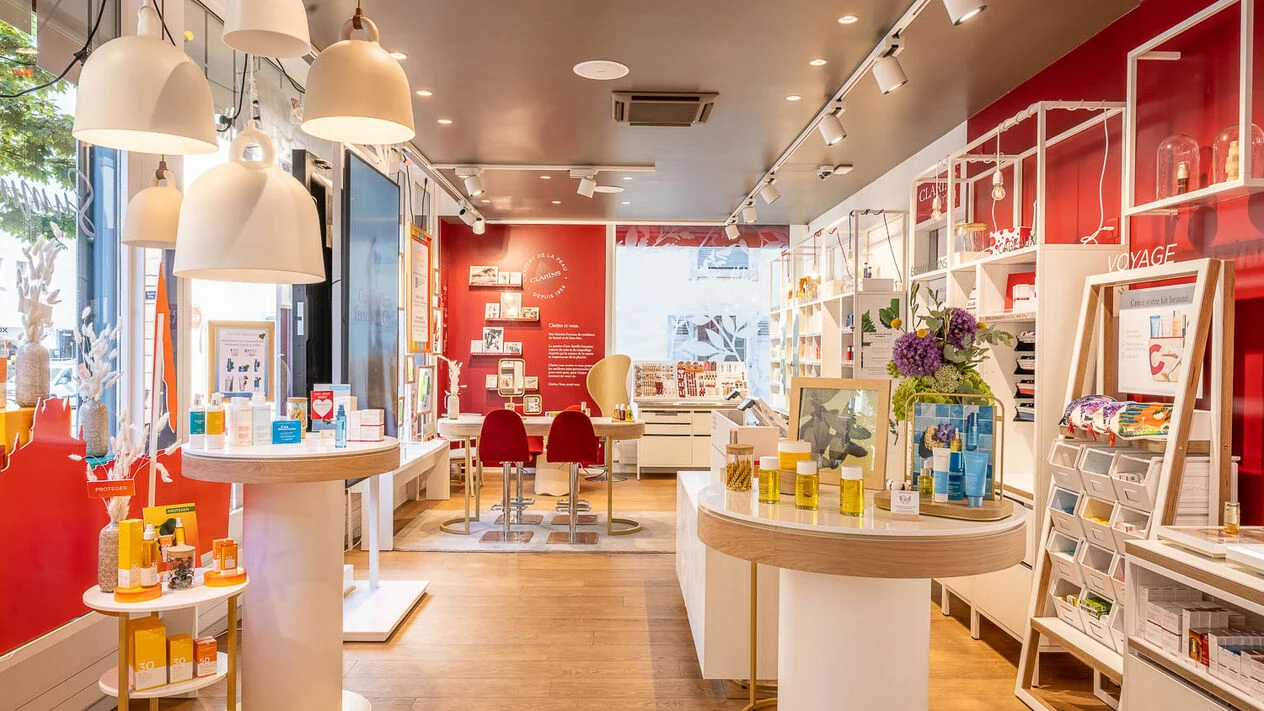
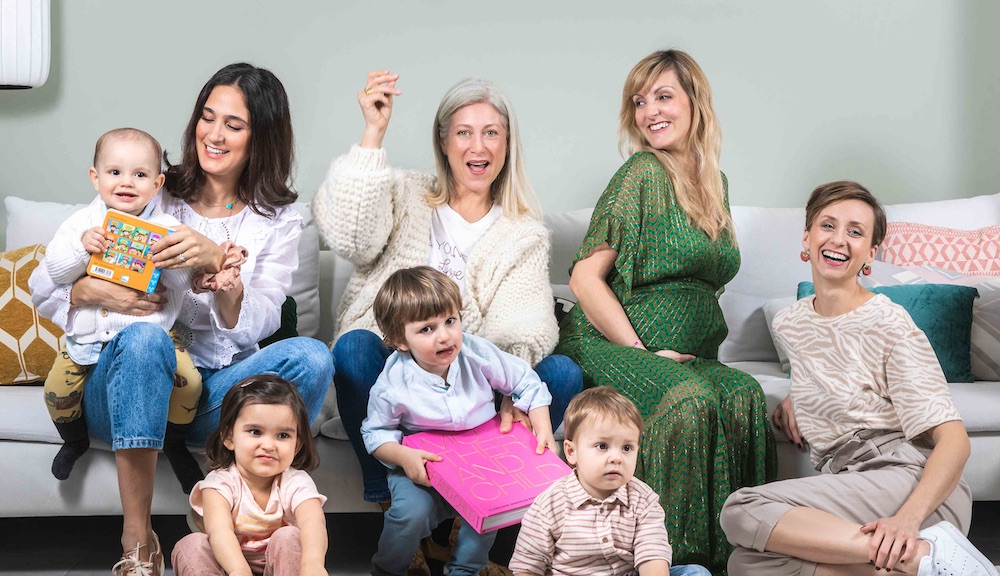

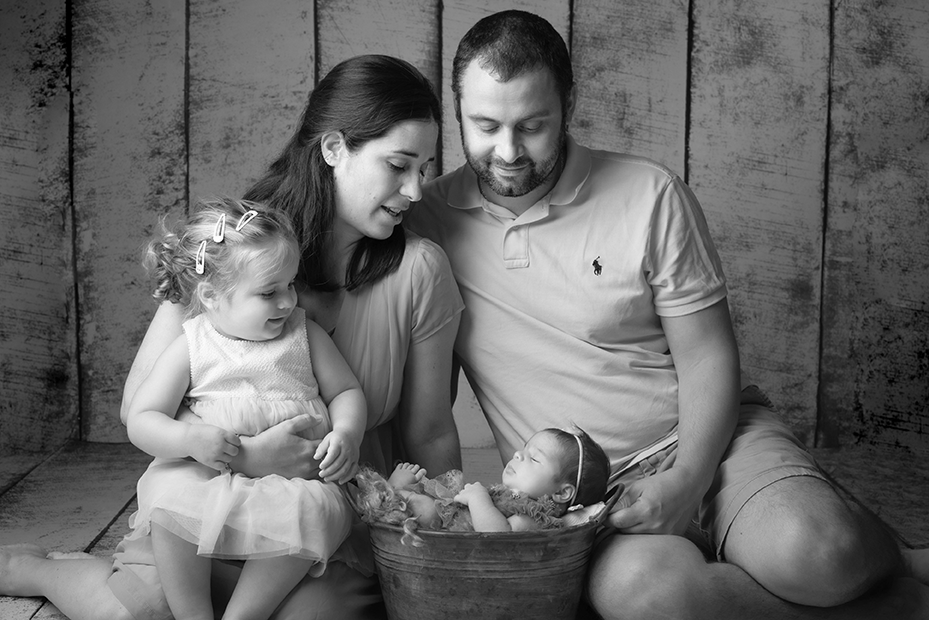
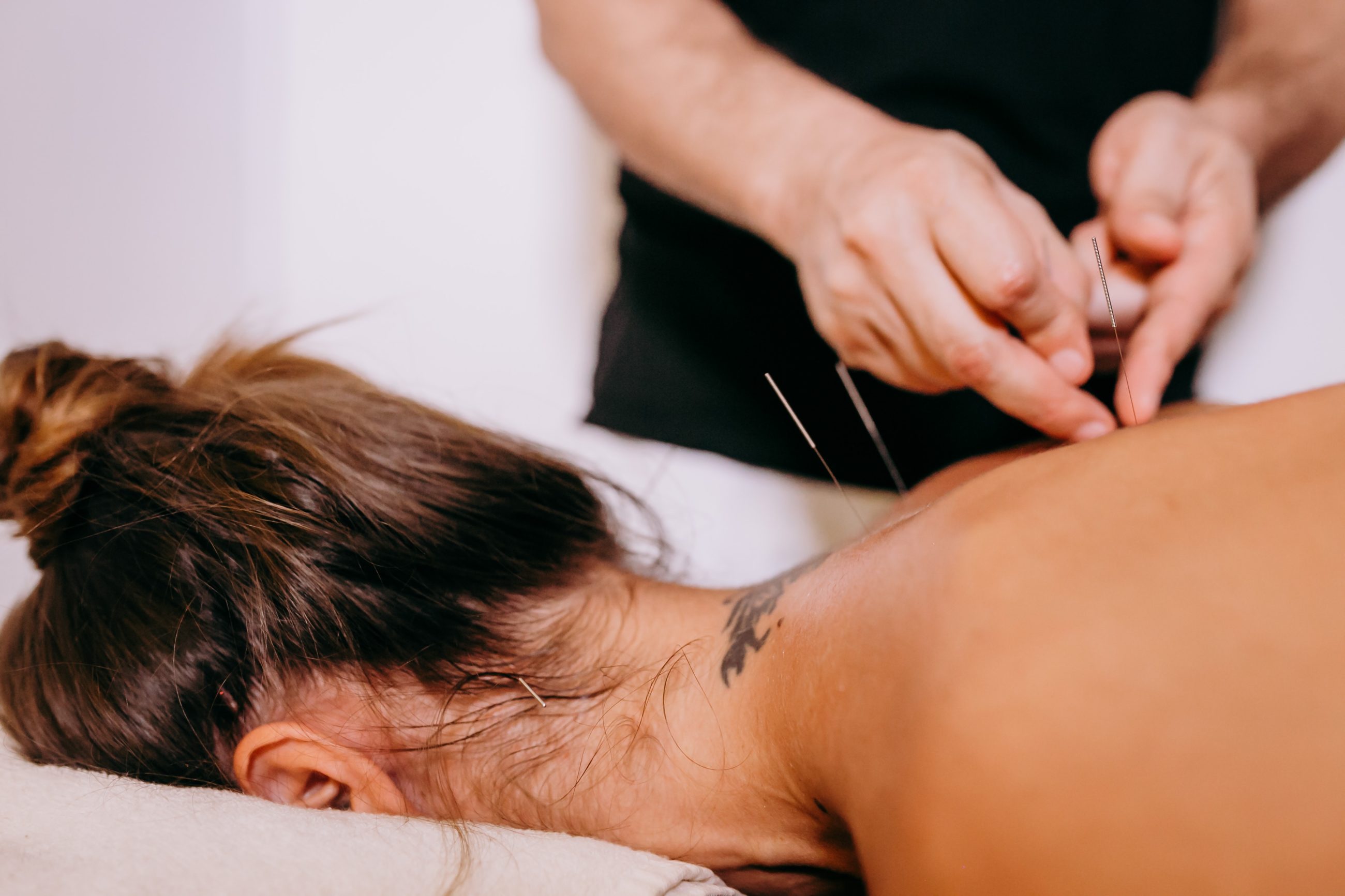
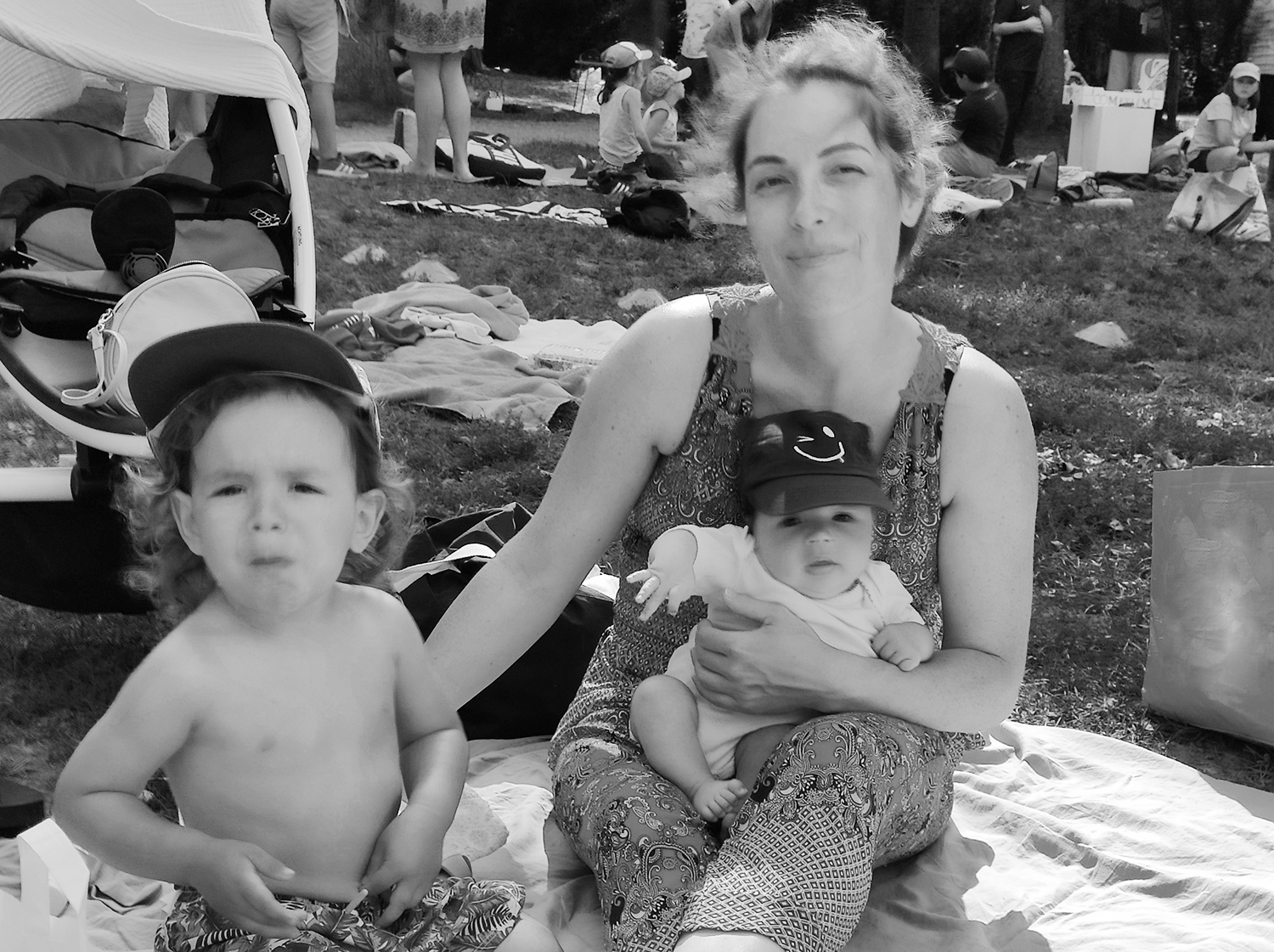




One comment on "Filipa pregnant despite aggressive breast cancer!"
The comment area is closed